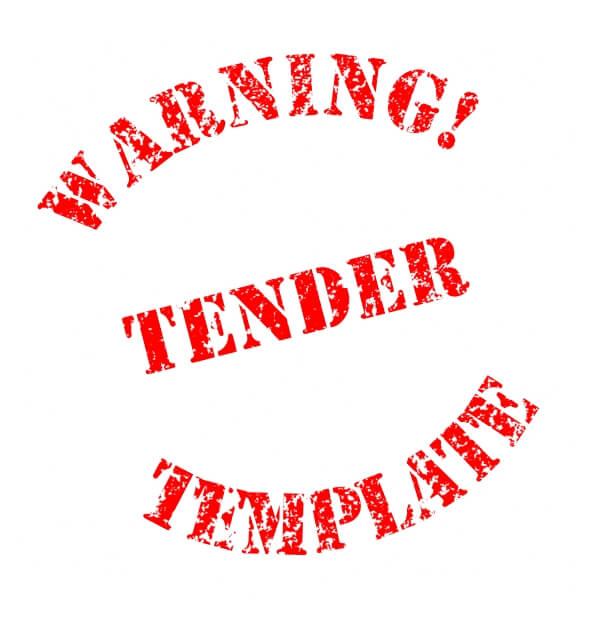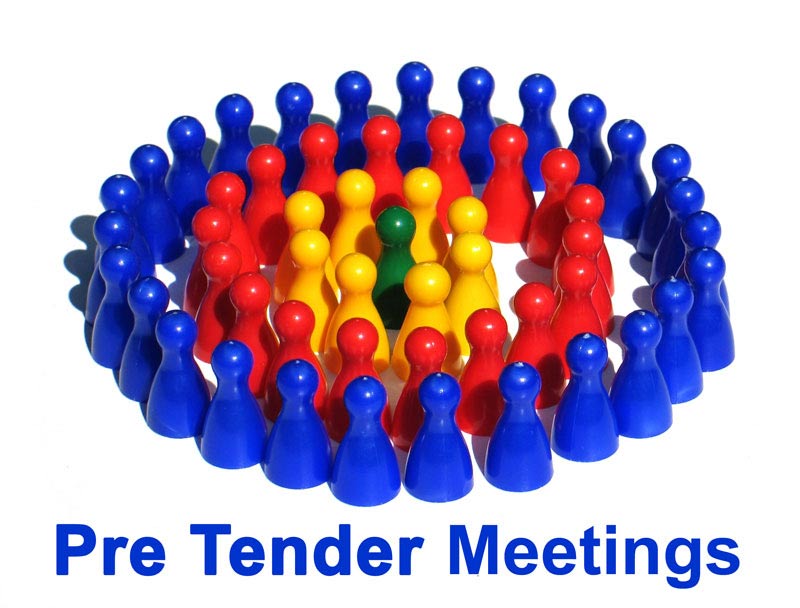Be Careful Using a Tender Template
People frequently ask for a tender template but are disappointed when we say that we don’t have a generic PQQ or tender template.

Let’s look at the reasons why:
- Formal PQQs, RFQs and tenders rarely follow the same format
- Businesses are all different – even in the same industry
- Customers’ needs differ too
Therefore there is no ‘one-size fits all’ solution. However, there is certainly a case for developing your own tender template library.
What Tender Templates Can You Use?
If the invitation to tender (ITT) is not formatted then it is more like a formal sales proposal. See How to Write Sales Proposals for details on creating your own proposal / tender template.
…Be Careful Using a Tender Template Read More »




